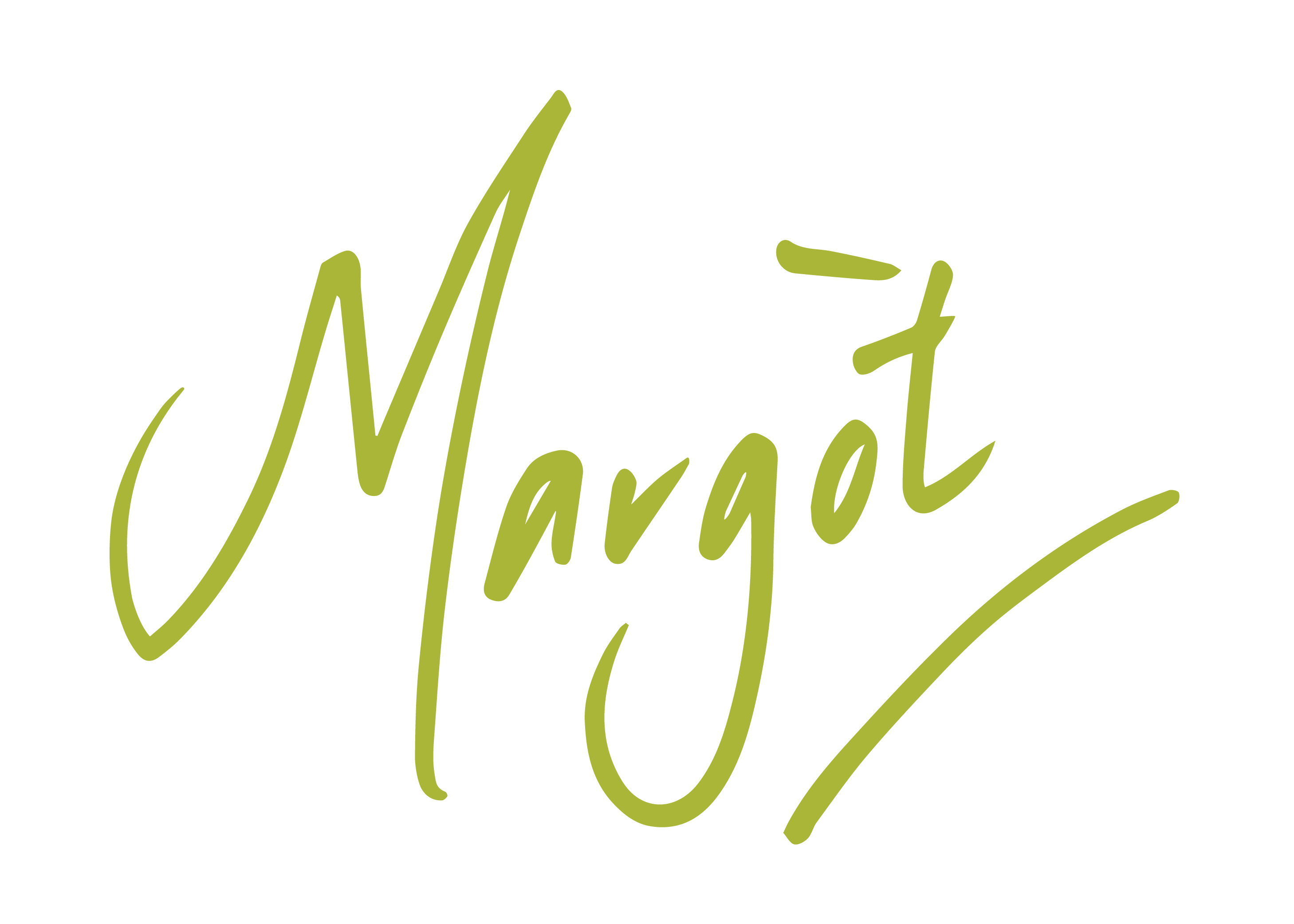1305″]
“Conflict lives in people not knowing who they are – disconnected from their experience, living out of their heads, not their hearts”
– Julio De Laffitte
Recently I met a senior executive whose energy and enthusiasm for what he did seemed to seep from every pore of his being. Not in annoying ‘Pollyanna’ sort of way but in a truly genuine and understated manner that made it seem so ridiculous that we would settle for anything less. In reflecting upon his career it was apparent that he hadn’t simply skipped along a gold paved path of career dreams, but rather travelled along plenty of ‘bumpy dirt roads’ with lots of tough life lessons, disappointments and hard work. There had been redundancies, restructures, great bosses, not so great bosses and several overseas assignments that saw him encounter great highs and presented some of the greatest challenges least of all navigating the journey ‘home’ only to find people and places that didn’t always feel quite so familiar any more.
Yet it was quite obvious that he loved what he did, enjoyed the interactions that came from the people he worked with and was challenged by interesting work that offered him great learning and rewards stretching far beyond the monthly paycheck. As a highly regarded senior executive who is seen by many as being at the top of the game, I asked him what he attributed his success and sense of career fulfillment to. His answer was one word: Connection. Being connected to who he truly was, doing what he knew he was good at, in places that valued it and being connected personally and professionally with people that truly mattered to him.
Much is written about workplace disengagement and what it costs us in terms of lost productivity not to mention opportunity or fulfillment. Recent statistics suggest that as little as 20% of Australian employees are actively engaged. That leaves a whole lot of people who are either stuck in the ‘beige-ness’ of work or who actively dislike what they are doing. Whilst disengagement and disconnection are two different things they often go hand in hand and I would also argue that it is very hard to maximise engagement without a strong sense of personal connection.
When you disconnect you shut down, switch off and disengage. Disconnecting from ourselves – our ambitions, our talents, our preferred style of working and learning – and failing to acknowledge what makes us tick is both sad and dangerous. Sad because it means you fail to realize what you are truly capable of; and dangerous not only because it keeps you anchored in the past but because it is a breading ground of negative emotions such as fear, frustration and resentment.
Conversely when you are connected to what you do, you bring high degrees of determination, energy and dedication. You are able to leverage a strong sense of internal motivation, conviction and belief about the role you play and the value you deliver. When you combine this with an engaged workforce and environment around you the combination is powerful.
Whilst all managers and leaders play an integral role in building strong engaged teams, some of the responsibility also has to lie with us as individuals. I know that there are many times that I’ve worked in situations that were less than ideal, navigated challenging people and projects, but my sense of belief in what I was doing and care for how it was done, saw me remain connected and committed to delivering the outcomes agreed to. Whilst the environment and how we are led is extremely important so to is our personal connection to what we do.
In thinking about how you create a strong sense of career connection, I would encourage you to consider the following four tips:
Connection is personal: How and what you connect to in your career is highly personal. Understanding what it is that motivates, inspires and challenges you is unique to you. So to are your strengths, preferred ways of working and learning. Getting clear on the business of you is critical if you are to identify the right workplace culture you wish to connect to.
Connection is a choice: You ultimately have a choice to connect or disconnect from what it is that you do, where you do it and who you do it with. Every choice brings a series of consequences so getting clear on what they look like is important if you are to make informed decisions and manage the outcomes from a place of confidence and control.
Connection requires honesty: You can’t fake connection – you either have it or you don’t. Learning to recognize what it is that builds that strong sense of purpose and connectedness requires you to be honest with yourself and those around you.
Connection is about accountability: Building and maintaining connection requires you to take responsibility for it. Often it requires an investment of time, effort and money to grow your own personal development and the opportunities required to seek out the right people and environments for you.
As always I would love to hear your thoughts.

If you would like to explore ways to build a stronger connection in what you do for yourself or your team, please contact Margot on 0400 336 318.

